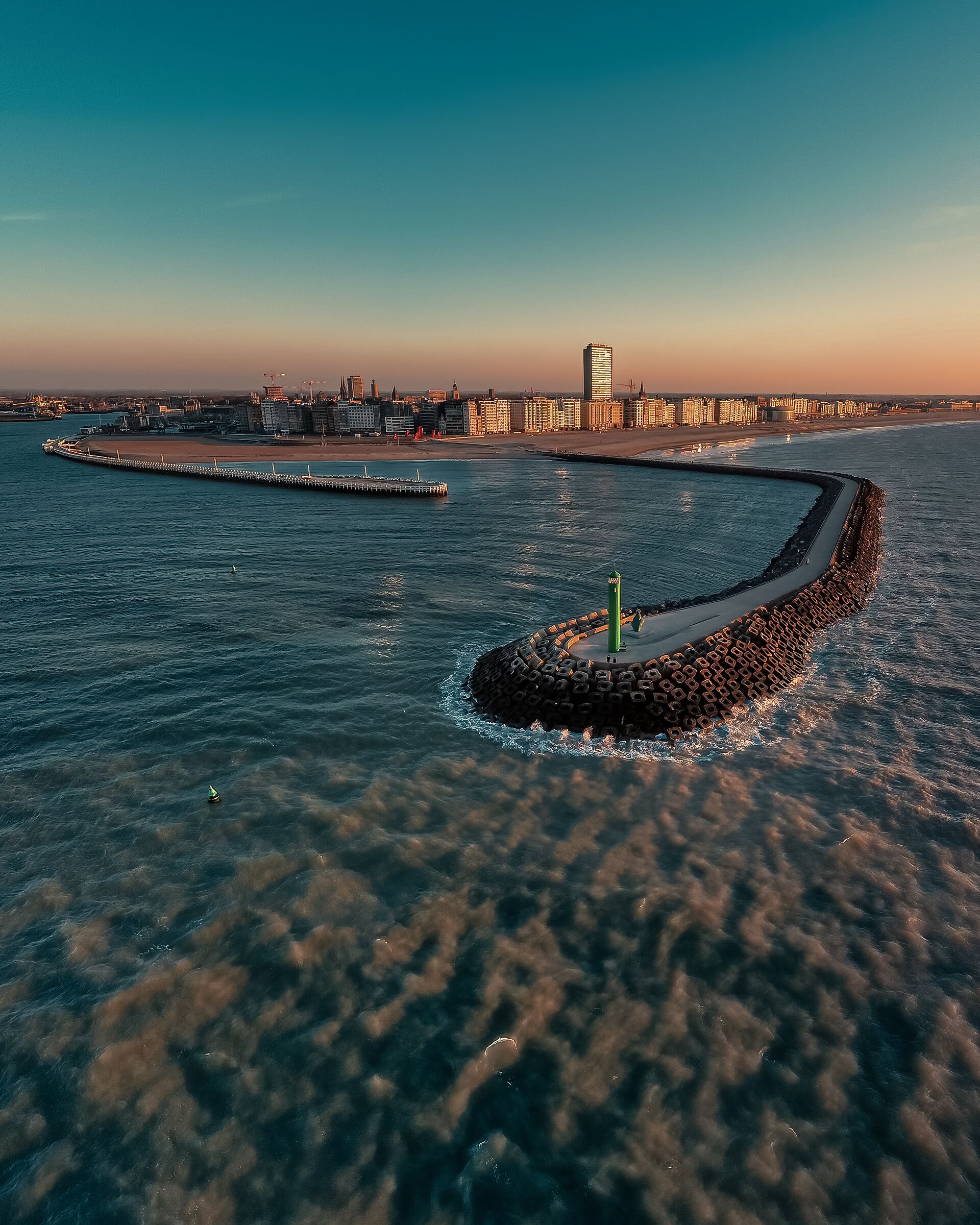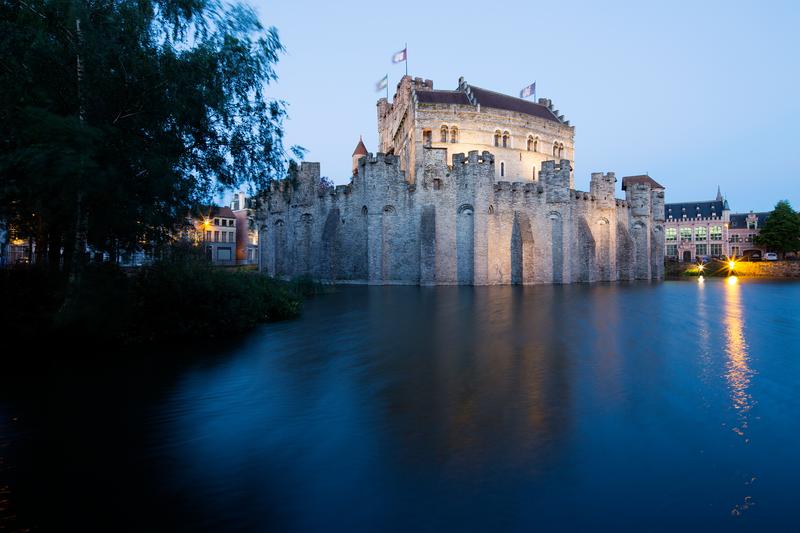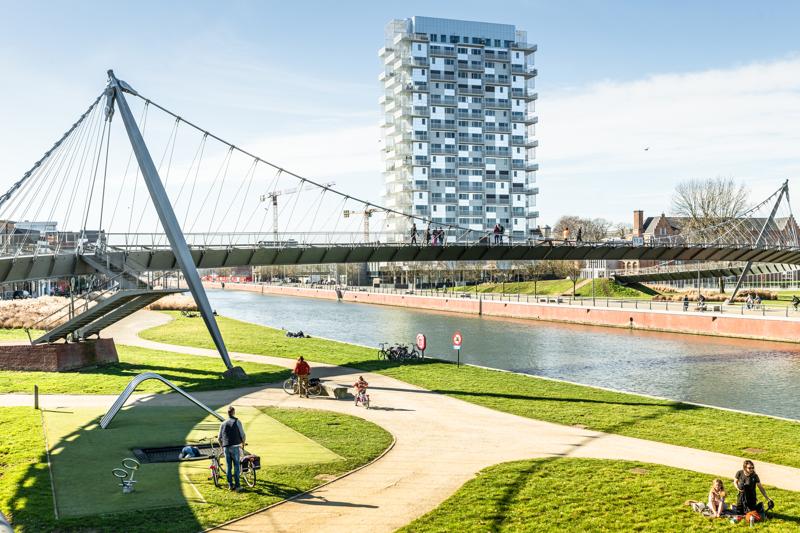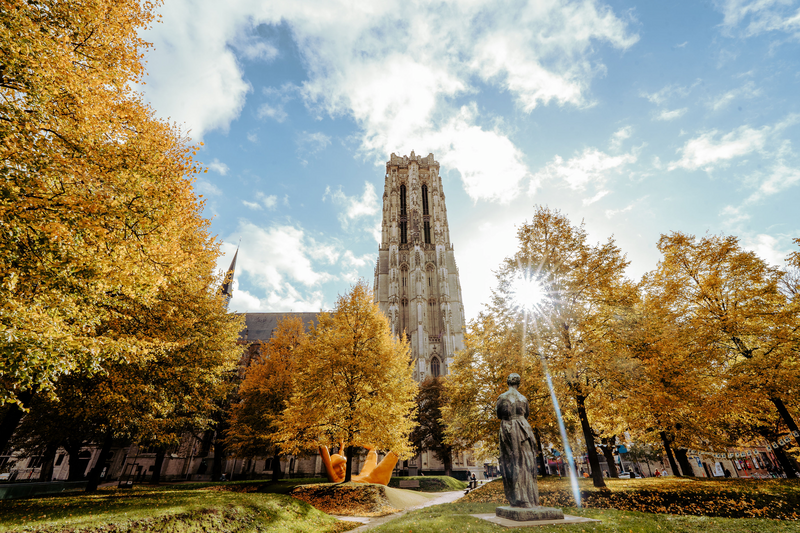From ports and ships to health and… mussels.
The 1927 Solvay Conference welcomed household names such as Albert Einstein and Marie Curie.
The ideal conference location? One that’s a study object in its own right
Ostend once stood on an island: Testerep.
Small cities, great experiences
Want to know more about hosting your Blue Economy conference in Flanders?
Simply click on the city of your choice below.
Each local convention bureau will be delighted to assist you.

Antwerp: the city that turns ideas into industry
Here the Blue Economy takes concrete form. In labs where CO₂ becomes raw material, in port zones where hydrogen systems are tested, and in districts where waste turns into new products. Discover how this city connects BlueApp, BlueChem and the NextGen sites into one living chain of sustainable innovation.
Bruges: medieval charm meets maritime innovation
Bruges and Zeebrugge form one seamless ecosystem, from hydrogen plants and offshore wind hubs to historic venues within walking distance. Discover how this unique duo bridges heritage and the Green Economy of tomorrow.

Ghent: compact city with a global impact
Here the worlds of water and science merge into one ecosystem. From aquaculture labs and data observatories to the dynamic North Sea Port driving maritime transition, this compact city connects research, industry and heritage into a living hub of the Blue Economy.

Kortrijk: from "Golden River" to blue future
In Kortrijk, water is not just part of the landscape but an active tool for innovation. From aquathermal heating in the Leie to circular water purification and smart inland shipping, the city serves as a real-life laboratory where research, business and education shape the Blue Economy from the inside out.

Mechelen: Blue Economy at the heart of city innovation
Mechelen sits far from the sea, but its river Dijle is reclaiming its old role: becoming the city’s backbone for ecology, recreation, and innovation. The “Masterplan Binnendijle” shows how water, participation, and infrastructure reshape both urban life and the economy.
